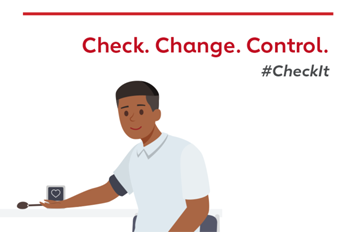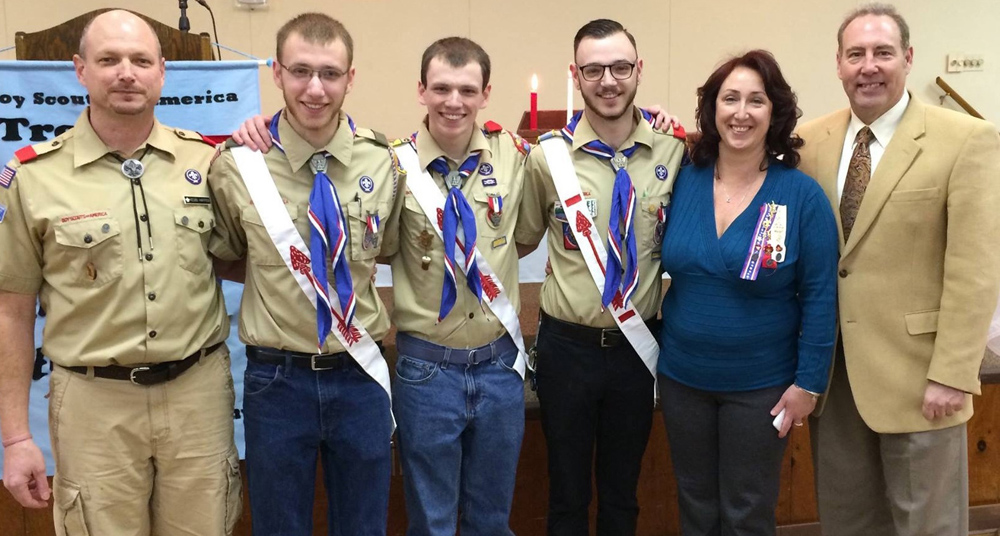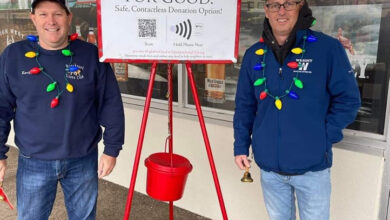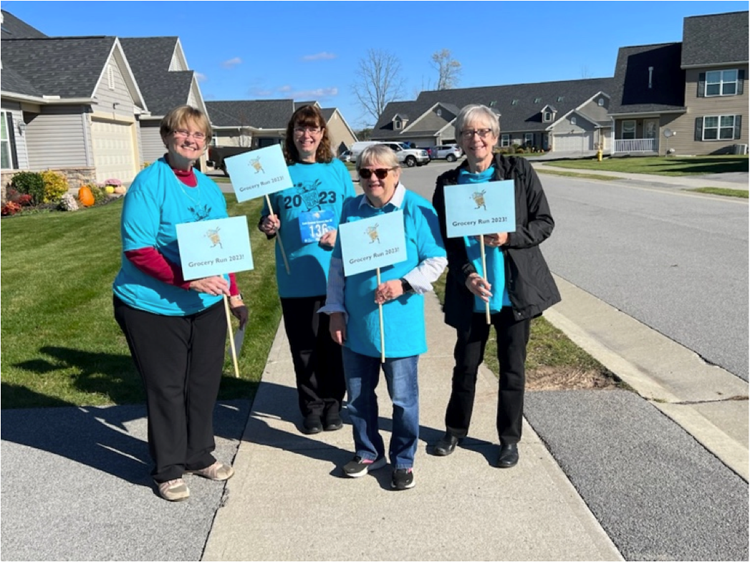Check It! Challenge could lead to lower risk of heart disease and stroke

A new program is giving Rochester-area residents a chance to help control a silent killer.
The American Heart Association is now recruiting participants for the Check It! Challenge. The challenge is a community-wide program encouraging people to check, change, and control their blood pressure.
The Check It! Challenge is based on the American Heart Association’s Check. Change. Control. program, which is an evidence-based hypertension management program empowering participants to take ownership of their health using blood-pressure self-monitoring. The program incorporates the concepts of remote monitoring and tracking as key features to hypertension management.
“More than 28 percent of adults in our region have been told by a doctor they have high blood pressure, or hypertension. That’s more than 259,740 people, or 20 times the capacity of the Blue Cross Arena,” said Marc Natale, executive director for the American Heart Association in Western New York. “If we can move the needle on these numbers and help our community control blood pressure numbers, we can make a real difference.”
The program is open to individuals, employers, or community organizations. The program runs from February (American Heart Month) through May (American Stroke Month). Each month features educational topics including how to manage blood pressure, healthy eating habits, physical activity and stress reduction, and knowing the signs of heart attack and stroke.
Participants are asked to take their blood pressure at least twice a month during the program. Blood pressure checks can be performed with at-home monitors or at a doctor’s office.
Employers and organizations interested in joining should register at heart.org/CheckItChallenge or contact Community Impact Director Lisa Neff at Lisa.Neff@heart.org.
High blood pressure, or hypertension, is known as a silent killer. It typically has no symptoms, but can lead to deadly health consequences such as heart attack, stroke and kidney failure. About half of all Americans have high blood pressure, but many are unaware.
Provided information





